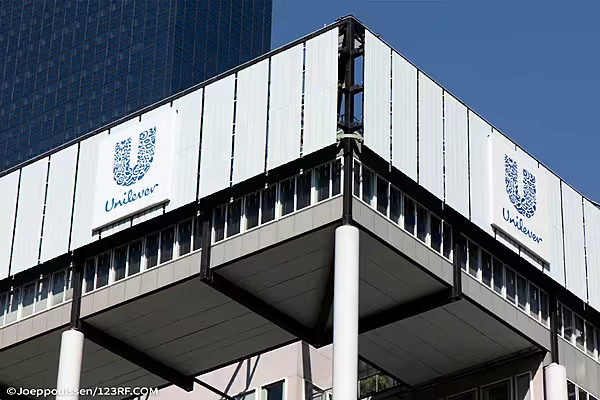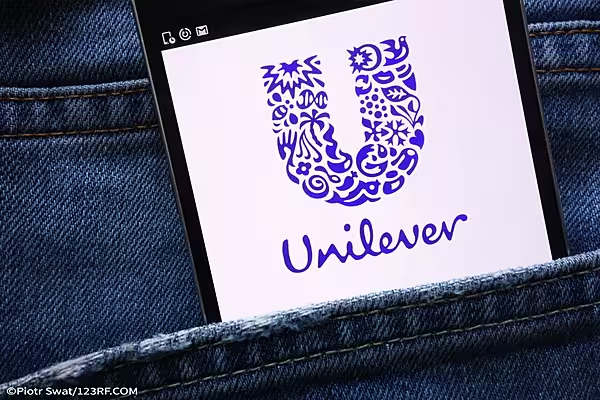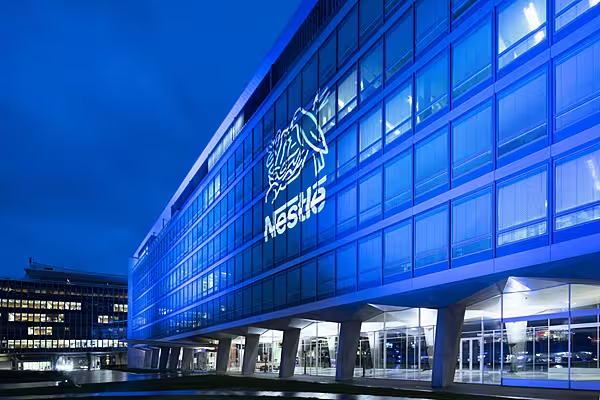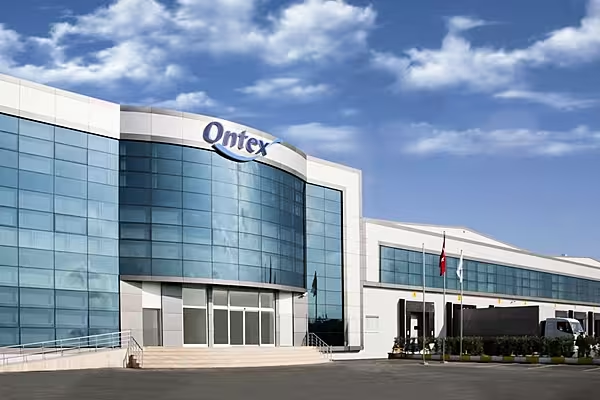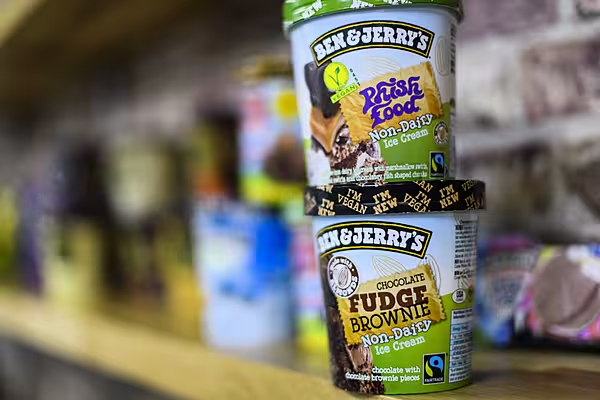Consumer goods giant Unilever this week reported a 4.5% increase in underlying sales growth in full-year 2021.
“The acceleration of Unilever’s operating performance continues," commented chief executive Alan Jope. "We delivered our fastest underlying sales growth for nine years."
Here's how leading industry analysts viewed its performance:
Roberto Pozzi, Moody's
"Unilever announced in its 2021 full year results update that, contrary to recent statements, it does not intend to pursue major acquisitions in the foreseeable future, and that it intends to execute a second share buyback programme of up to €3 billion over the next two years, adding to the one of the same size just completed in 2021.
|While immediate event risk associated with M&A activity therefore reduces, the additional share buybacks will also slow debt repayment and result in higher leverage compared to our previous expectations, a credit negative. However, the increased shareholder distributions will not affect the rating as the company's leverage will remain within the band expected for the A1 rating.”
Russ Mould, AJ Bell
“Having been lambasted by investors for caring more about ESG factors than improving the day-to-day business, and then making a punchy takeover bid for GlaxoSmithKline’s consumer healthcare business, Unilever has dusted off its crisis management manual and followed the rule book of how to dig oneself out of a hole.
“The company says underlying sales growth is at a nine-year high, it has successfully sold the non-core tea business, there are more share buybacks, and – perhaps most interesting – there are promises not to chase big deals for now.
“But are these results really cause for celebration? First, a big chunk of its sales growth has come from putting up prices which every product manufacturer seems to be doing. Volume growth paints a different story with a mere 1.6% gain – that’s not good when you consider Unilever is meant to own some of the world’s most prized brands. Are these names less relevant to shoppers in a world with increased choice?
“Profit margins are under pressure which is a big worry. Again, Unilever’s brands are meant to be world-class, so if a company with its assets cannot defend margins, something is very wrong."
Nina Nowak, GlobalData
“Unilever has performed well despite rocky conditions, as at home trends continue to fuel online shopping, as well as growth in snacking and beauty and household product categories. That being said, indications of further price rises may dampen the company’s future growth ambitions.
“According to GlobalData’s Q4 2021 consumer survey, products from global brands dominate the market, as approximately half of consumers globally typically prefer beauty and grooming and household care products from multinational companies, while over a third (37%) report the same for savoury snacks – all of which are key areas for Unilever.
“Unilever will need to focus on continuing to build its product portfolio, particularly in terms of adding value such as nutritional benefits to retain customers. The company’s restructure of five business groups and acceleration of its e-commerce operations is a promising start. As 54% of global shoppers have started, continue, or increased their frequency of working from home in the last three months, home categories will continue to play a big role in Unilever’s future.”
Barclays European Food Retail Equity Research
"For FY21 overall, Unilever delivered 4.5% OSG which was its best performance in nine years. However, for 2022 Unilever are guiding the margin to be in a range of 16-17% (consensus 18.2%) due to very significant inflation (€2 billion in H1). We are already well below consensus on margins at 17.5% but the 2022 guide is still 100bp below our forecast at the new mid-point. This is likely to drive sizeable consensus EPS downgrades albeit softened by better top-line guidance and the new share buyback announcement.
"That said some will clearly see this as a clearing event and preempting what activist Nelson Peltz might have been expected to say in any white paper to be published.
"Organic growth for 2022 is being guided to 4.5-6.5% (consensus 4.1%) although this is mostly pricing and management concede that there will be a volume impact. A positive is that Unilever have also ruled out transformational acquisitions and announced a new share buyback programme of €3 billion between 2022 and 2023. This will reassure some that it will not again consider audacious acquisitions such as the proposed £50 billion Glaxo Consumer Health bid.
"Overall the shape of the release was very much in line with our thinking. The SBB is a good signal but Unilever have bowed to the inevitable on inflation. Overall very much a mixed bag but what seems clear is that CEO Alan Jope is bedding in for a battle against activist Nelson Peltz."
© 2022 European Supermarket Magazine – your source for the latest A-Brands news. Article by Dayeeta Das. Click subscribe to sign up to ESM: European Supermarket Magazine.
